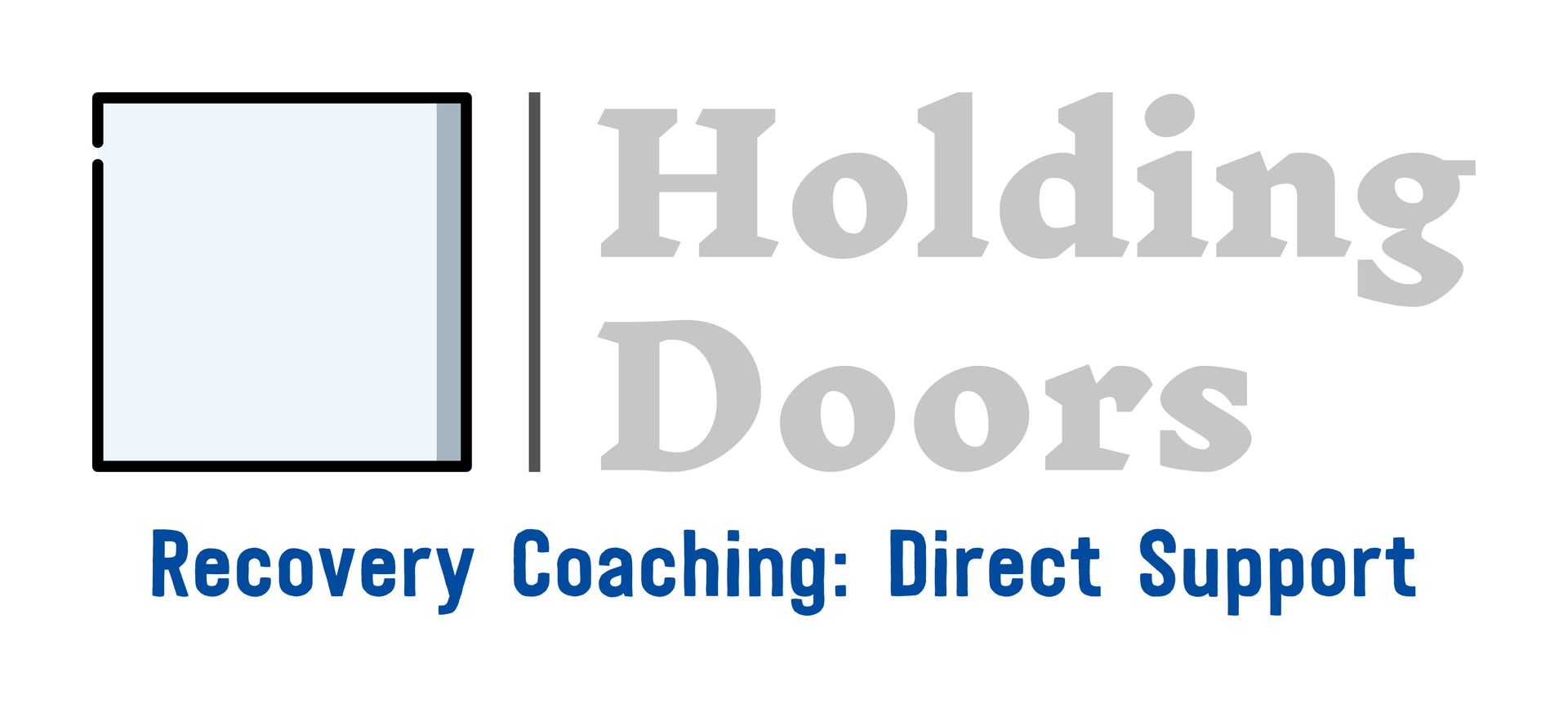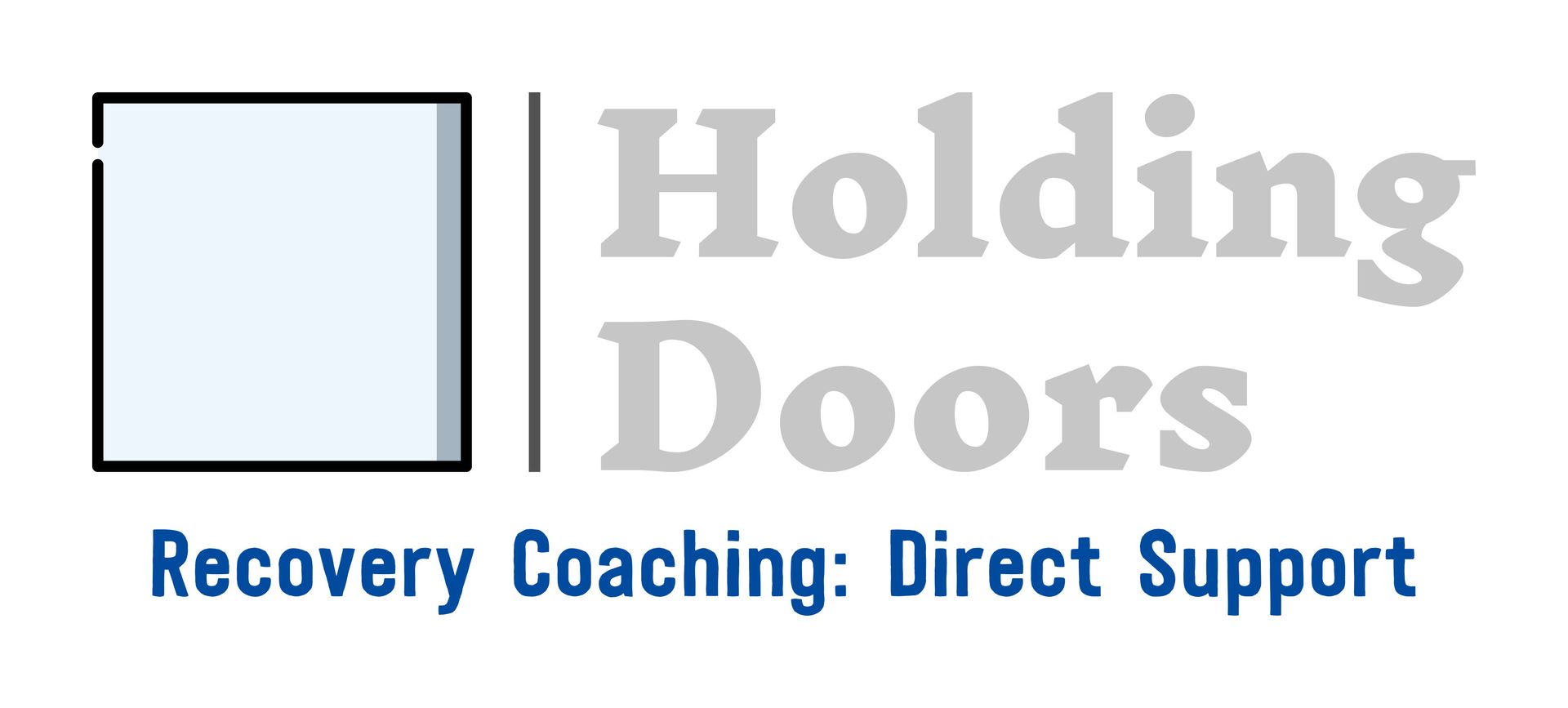Sober Living: Not the Aftercare Solution
Sober Living: Not the Aftercare Solution
When someone finishes an inpatient treatment program, the next steps are important for living a lifestyle without drugs and alcohol - LONG TERM! One of the most common recommendations I see in discharge planning is the suggestion to live in sober living or “halfway houses” (a word I despise and feel so less than!).
Rarely do I or Holding Doors suggest this route for several reasons. Here are 3 of them - This comes from personally living in sober living, visiting 100’s, and meeting their owners, managers, and even some tenants.
The Power of Choice and Environment
First and foremost, you have a choice! Your choice can significantly impact your recovery journey. Imagine being surrounded by people who constantly are "rookies" in recovery, dwell on their past, and may still see themselves as victims. In many sober living environments, this is the norm. The focus remains on addiction and the struggles associated with it (even worse sharing “crazy/funny” stories which is often referred to as “romanticizing” the addiction), rather than on growth and MOVING FORWARD.
It is not an intended consequence of the majority of these homes and the owners, but it is common for strangers to discuss commonalities, AND IN THIS CASE, IT IS alcohol and drugs! This mentality can keep you stuck in a negative cycle, constantly thinking about addiction, which in turn influences your actions. (YouTube Simply Explained)
Think about the classic example of someone saying, "Don’t think about an elephant." What happens? You... think about an elephant. The same principle applies in these environments: being around people who continually discuss addiction keeps it at the forefront of your mind, making it harder to MOVE FORWARD.
Financial Considerations
Second, sober living homes are expensive! They market not just housing, but a feeling of safety and security. This will demand higher prices and even unfavorable living conditions, such as multiple people in a room, clutter, and dirty houses (NO BUENO IN A RECOVERY LIFESTYLE). Rarely are these prices worth what they "possibly" may provide. This money could be better spent on resources that actively contribute to your recovery and personal growth.
Building a Foundation Close to Home
Third, the location of sober living often fails to meet the specific needs of an individual in the aftercare phase. By the time someone is ready for aftercare, it should be believed that the foundation of their recovery is complete. What comes after laying the foundation of a house? Bricks and lumber to build upwards! This means focusing on relationships, community, and personal growth underpinned by discipline.
Build these aspects close to home! Individuals in sober living build a community and then have to start over when they return to their original environment. This disruption can hinder progress and make the transition more challenging. Also, loved ones who have supported you deserve to see and celebrate your transformation. This shared celebration fosters cooperation and strengthens bonds, which are dulled significantly by spending time away in sober living.
Alternatives to Sober Living
At Holding Doors, we offer plenty of other options tailored to our client's specific needs. Our approach focuses on overcoming the victimhood mentality and surrounding yourself with winners—the "Hall of Famers" who have faced similar paths and emerged victorious.
The money saved from avoiding expensive sober living can be reallocated to a “MOVE FORWARD” plan. Here are just a few: gym memberships, personal trainers, education, and new books or audiobooks. One of my favorite challenges is the 30-day, 30-book challenge I do with a lot of my clients, it is crazy what happens when they do something like this.
Building a Supportive Community
Building your relationships and community geographically where you will be is essential. Family, relationships, and community play a significant role in the right recovery and should be integral parts of every aftercare plan. (YouTube "Everything You Believe About Addiction is Wrong") Being close to those who support you not only provides emotional strength but also practical assistance as you navigate your new life.
When Sober Living is Appropriate
While I rarely recommend sober living, there are instances where it is suitable. It must be fully vetted by someone knowledgeable and experienced in recovery. This includes visiting the homes, meeting the owners, talking to the house managers, reading the rules, and speaking with other tenants. Only then can we ensure that it is a supportive environment conducive to your specific needs.
At Holding Doors, we are dedicated to providing personalized care and consistent support to help you move beyond recovery into a life full of happiness and purpose. If you're ready to start your journey to a fulfilling life free from addiction, visit our website at holdingdoors.com and schedule a call with us.
Let's discuss how we can support you. You are not alone!
Are you doing enough to support your liver? The Liver Brand I have my next blood test on the 26th and I will share the new number again)
*This is a recovery/health coaching education service only. It is not, and is not intended to be, medical treatment or recommendations for medical treatment. Actual medical treatment must come from your physician. Telephone or video consultations do not replace the need for seeing a doctor in person. Holding Doors recovery educators and coaches cannot diagnose or prescribe medications, treatment, or testing procedures. Holding Doors recovery educators and coaches can provide general information that may need to be reviewed and approved by that person’s own physician. Consultations are not considered to be medical advice or diagnosis. Payments are refundable; if you reschedule with 24 hours' notice, your payment will be transferred in full to your new appointment. The cost of Holding Doors recovery education and coaching services is not covered by health insurance or Medicare.











